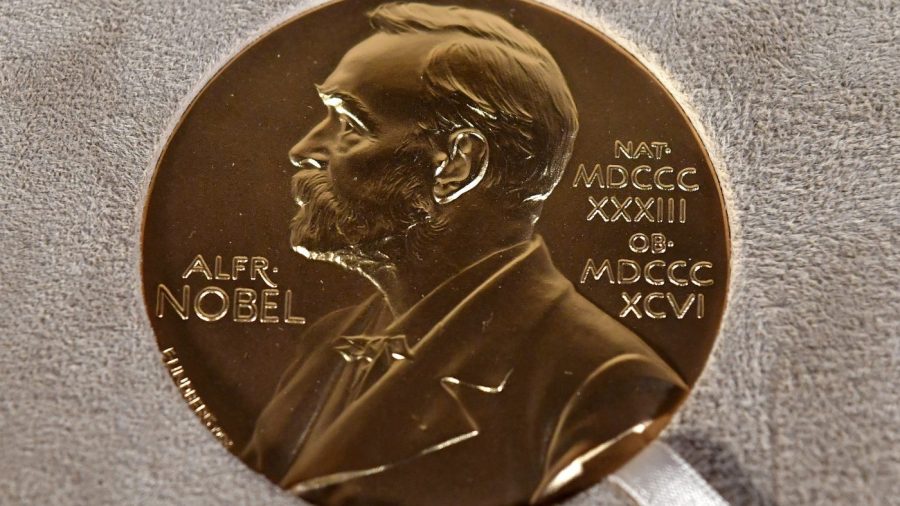Discussion surrounding the potential nomination of Donald Trump for the Nobel Peace Prize has reignited debate among political circles, particularly among his critics. Supporters argue that his efforts in foreign diplomacy, notably his engagement with North Korea and initiatives in the Middle East, merit recognition, while opponents remain skeptical.
During his presidency, Trump made significant strides in foreign policy that some observers believe contributed to peace efforts. For instance, his administration facilitated the historic 2016 meeting with North Korean leader Kim Jong-un. This unprecedented meeting marked a notable attempt to ease tensions that had escalated over decades. Additionally, the Abraham Accords, established in 2020, aimed to normalize relations between Israel and several Arab nations, representing a pivotal shift in Middle Eastern diplomacy.
Critics, primarily from the Democratic Party, often dismiss Trump’s foreign policy achievements. They argue that his approach was overly aggressive and lacked a coherent strategy. This skepticism extends to discussions about the Nobel Peace Prize, with many asserting that Trump should not receive credit for what they perceive as superficial gains.
The Nobel Committee, which awards the prize, has historically recognized individuals and organizations that have made substantial contributions to peace. The nominations are often shrouded in controversy, with many believing that political biases influence decisions. The debate over Trump’s potential nomination highlights the polarization in American politics, where partisan views can overshadow objective assessments of achievements.
Supporters of Trump contend that his unconventional methods broke the diplomatic mold, allowing for breakthroughs that traditional approaches had failed to achieve. They argue that his willingness to engage adversaries directly created a new paradigm in international relations, emphasizing the need for dialogue over military confrontation.
The ongoing discussion raises important questions about how peace efforts are evaluated and who gets to decide the criteria for such recognition. As the nomination process continues, the juxtaposition of Trump’s supporters and detractors will likely remain a focal point in the broader discourse surrounding peace and diplomacy.
In a political landscape characterized by division, the legacy of Trump’s foreign policy may shape perceptions of peace efforts for years to come. Whether or not he is ultimately nominated for the Nobel Peace Prize, the implications of his actions and their reception will resonate beyond his presidency.
